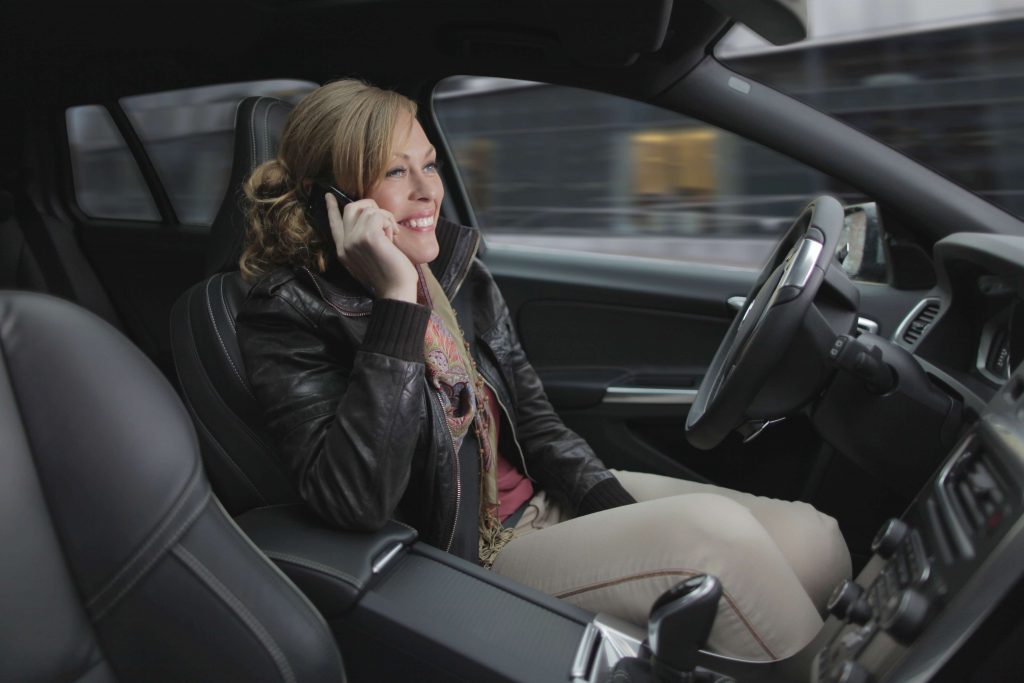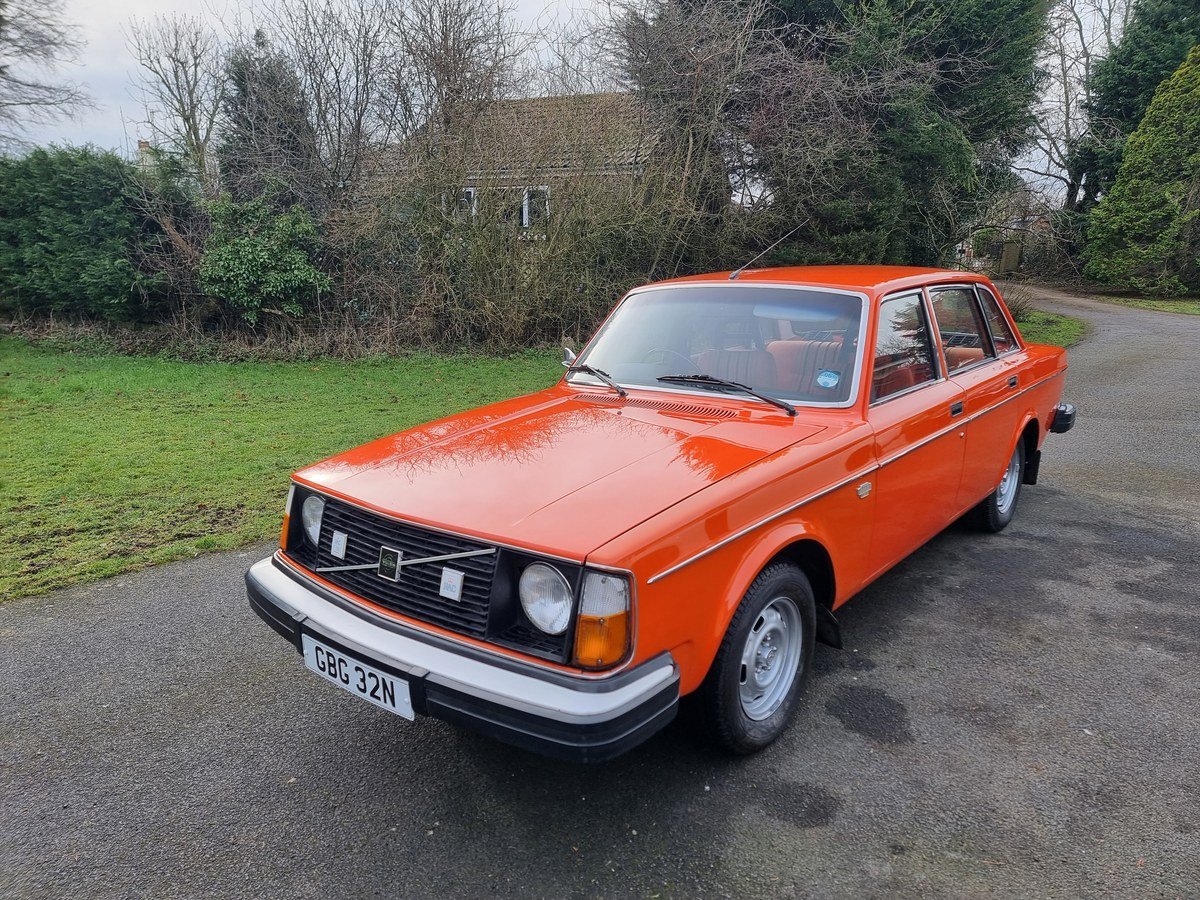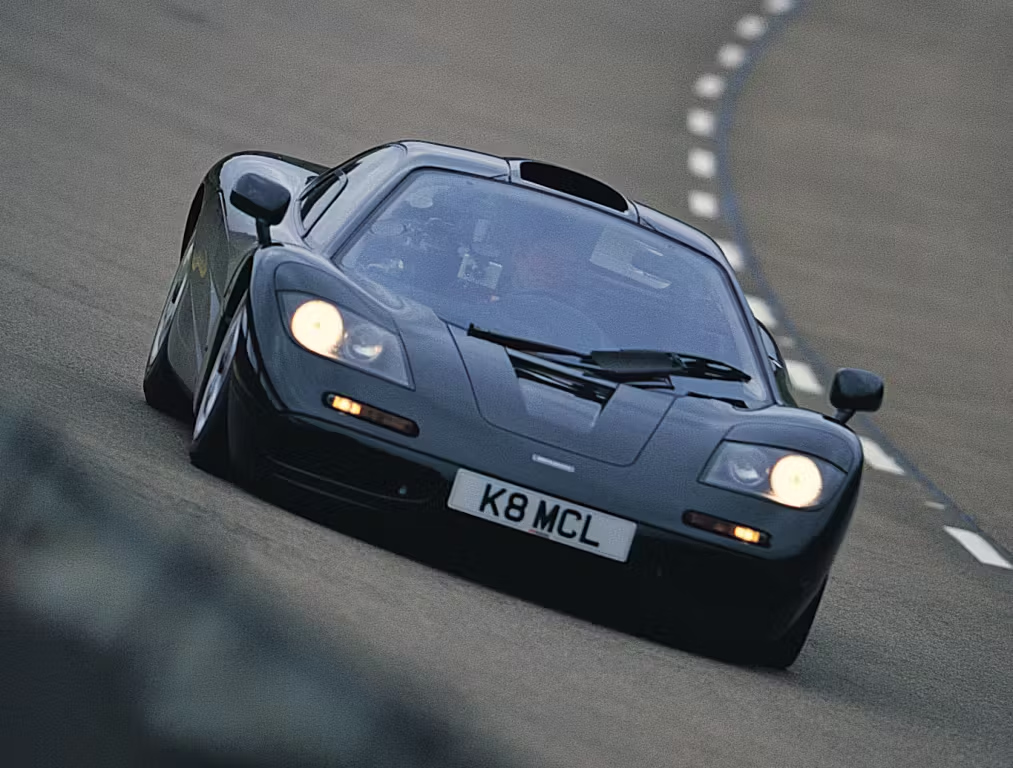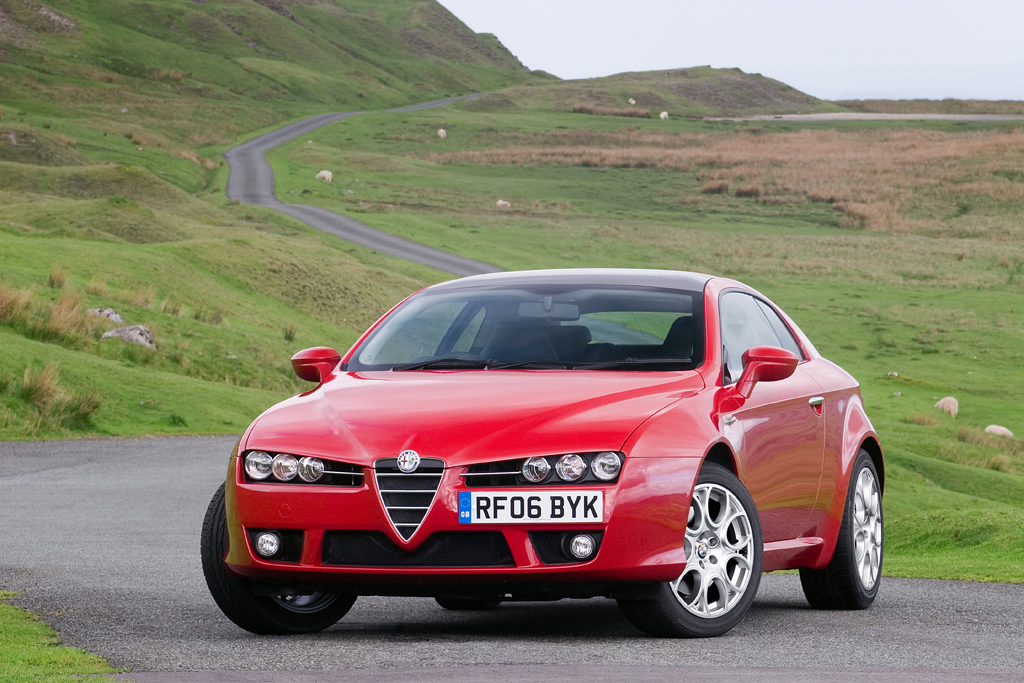Trust is generally a good thing. In the case of partially autonomous driving systems, however, trust may increase risk, rather than decrease it.
America’s Insurance Institute for Highway Safety (IIHS) and the Massachusetts Institute of Technology’s AgeLab recently conducted a month-long study with 20 Massachusetts-based volunteers. The researchers found that as drivers became comfortable with their vehicles’ various driver-assistance features, they became increasingly slapdash – taking their hands off the steering wheel or looking away from the road to the console or their smartphone.

The researchers’ findings are mostly in line with common sense. The more the vehicle absorbs driving duties for you, the more likely you are to get bored and want to do something else, like check your phone for emails, social media updates or your diary for the next day.
Ten of the participants spent the month driving a Range Rover Evoque and the other a Volvo S90. Both vehicles feature adaptive cruise control (ACC), which controls speed and the distance to vehicles ahead, but the S90 possesses a wider range of driver-assist technology. Volvo’s Pilot Assist, when activated, controls speed, following distance and lane position. It qualifies as Level 2 autonomy and fits into the same category as Tesla’s Autopilot; adaptive cruise control is Level 1.

At first, observers say there wasn’t much change in the drivers’ behaviour. By the end of the month, though, that had changed. Participants were more likely to take their eyes off the road or their hands off the wheel as they grew comfortable with the driver-assist features.
The IIHS noted that the Level 2 system used in the Volvo (Pilot Assist) had a much greater impact on driver awareness. By instilling more confidence in the vehicle’s ability to drive itself – the system not only warns when the car strays toward the edges of the lane, but centres the car within it – Pilot Assist had a “dramatic” effect on driver attention.
“Drivers were more than twice as likely to show signs of disengagement after a month of using Pilot Assist compared with the beginning of the study,” says Ian Reagan, IIHS senior research scientist and the lead author of the study. “Compared with driving manually, they were more than 12 times as likely to take both hands off the wheel after they’d gotten used to how the lane centering worked.”
The adaptive cruise control system seemed to keep drivers a bit more occupied with the actual duty of driving; in the Volvo, however, drivers developed a preference for the more robust Pilot Assist system. “Only four out of 10 drivers used ACC alone after gaining familiarity with the systems,” the study reveals.
Interestingly, although Evoque drivers who favoured ACC did pick up their phones more often than Evoque drivers who didn’t use it, they didn’t commit the cardinal sin of actually texting.
The IIHS is calling for more robust alerts – visible warnings, sounds, seat vibrations, or even brake pulses – to accompany partially autonomous driving systems. We’d respectfully suggest that the answers to the problems of distracted driving can be found between the ears of every driver.









